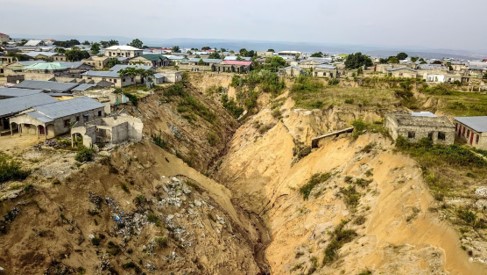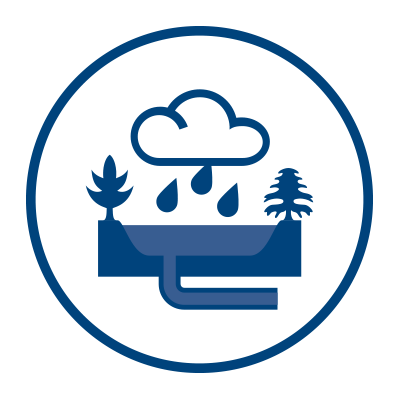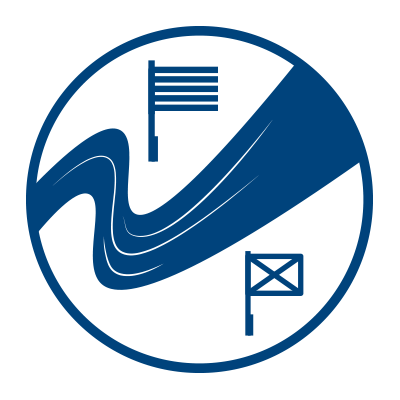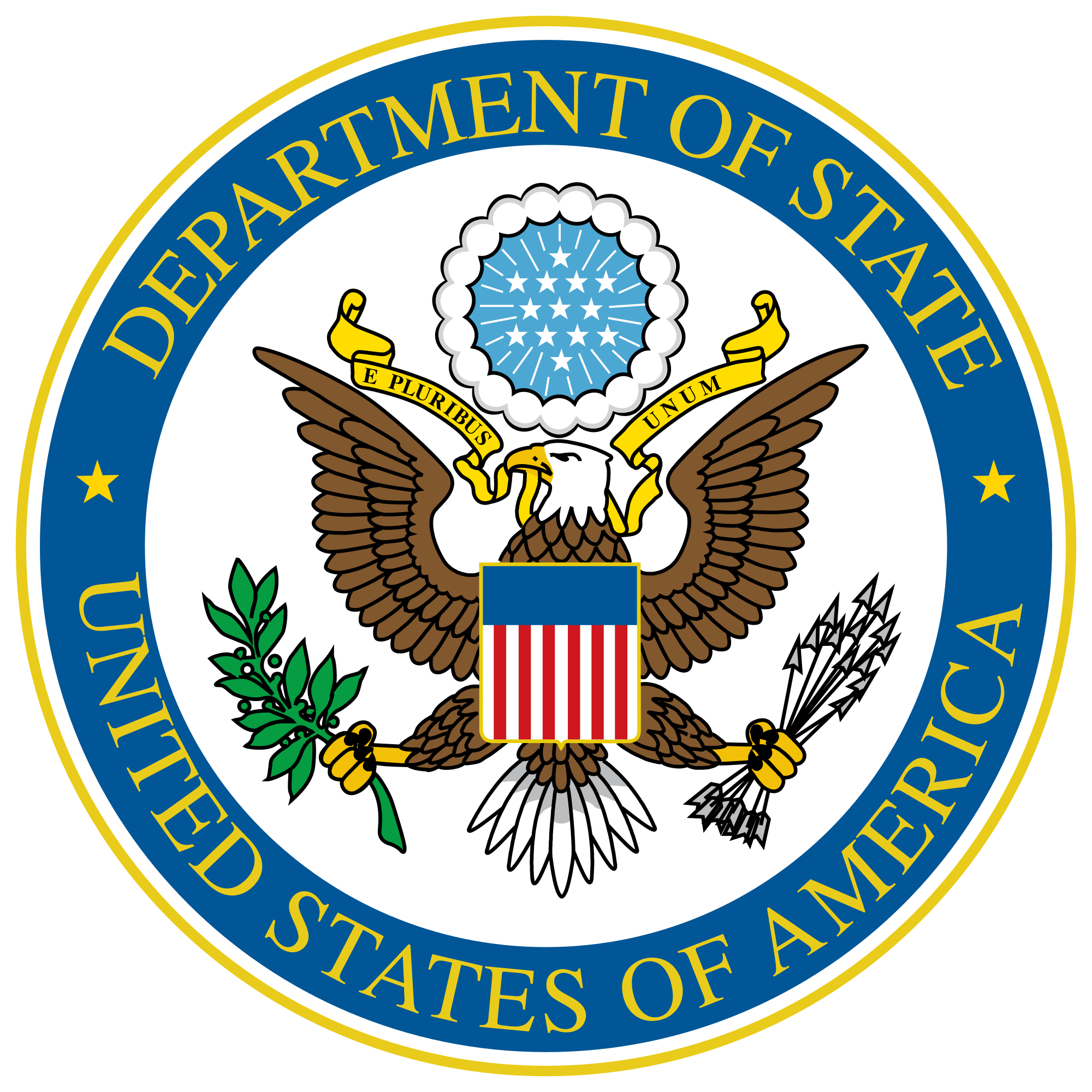Republic of the Congo Tackles Soil Erosion Crisis

The Story
In September 2018, the U.S. Embassy in Republic of the Congo, together with the U.S. Water Partnership, arranged for two erosion experts from the U.S. Forest Service (USFS) to visit the city of Brazzaville and provide recommendations on treatment and prevention of catastrophic gully erosion that has resulted from planned and unplanned urban development. USFS staff traveled to Congo under the Water Experts Program, a cooperative effort between the U.S. Water Partnership and the U.S. Department of State that deploys American experts to provide technical assistance on water issues. The visit was initially requested through the Embassy by the Mayor of Brazzaville. Areas visited included threatened riparian areas in Brazzaville and nearby Kintélé.
The threats being faced in Republic of the Congo are similar to those being faced across the Congo River in the Democratic Republic of the Congo, as well as elsewhere in the Congo Basin. During the past several decades, Congo has experienced steady urban growth as rural villagers seek better economic opportunities in major towns and cities. The area around Brazzaville has also seen an influx of internally displaced people from ongoing conflict in the region, as well as a recent influx of refugees from nearby countries. As a result, critical peri-urban forested watersheds are being cleared in uncontrolled expansion for housing construction, home gardens, crops, and firewood gathering. The effects on vegetation and soil conditions are dramatic and readily visible. Similar impacts are occurring from large-scale infrastructure developments where large buildings and associated roads generate considerable runoff that, when concentrated and poorly managed, create large gullies that threaten human life, critical infrastructure, and natural environments.
The mechanisms of erosion development are relatively simple and well understood, which means there are practical solutions to avoiding this problem and the associated loss of human life, infrastructure, and natural resources. Technical expertise is available through Congolese university faculty and via outside sources such as the U.S. Embassy and other interested agencies or governments. However, the solution is much more social than technical. Local governments must diligently manage new development and take immediate action to educate citizens of the cause-and-effect relationships between human development and catastrophic erosion.
All sectors of society, from national and local government to individual households, must be engaged in designing and implementing sustainable solutions to urban drainage and erosion problems. Community participation and engagement in the solution process is paramount. The Republic of the Congo is actively pursuing community-based solutions through national and local partnerships as well as through diplomatic and interagency collaborations. As part of that ongoing process, leveraging additional programming and funding for a pilot urban forestry project to build on this initial erosion assessment is being explored.
Find More
Strategic Objective(S)
 Water Resources Management
Water Resources Management
 Governance and Financing
Governance and Financing
 Cooperation on Shared Waters
Cooperation on Shared Waters




Highlight